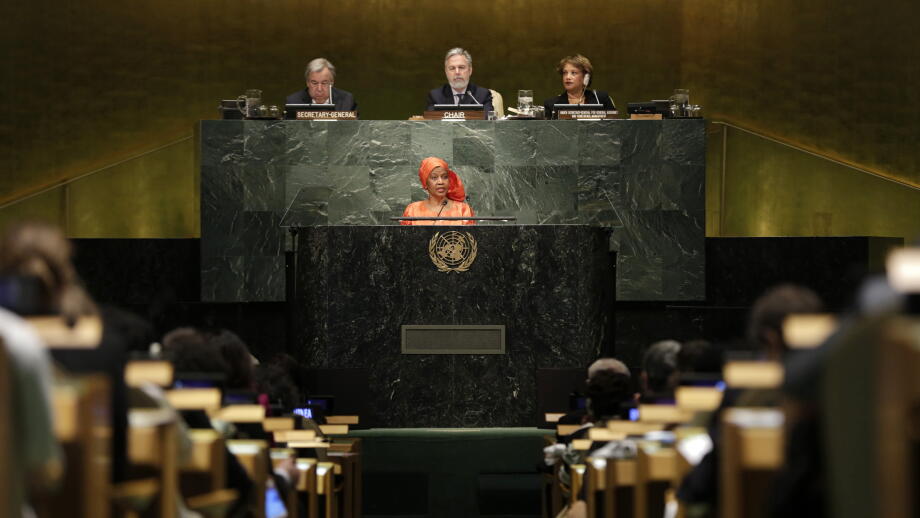In Short:
Are female or male leaders are preferred during a pandemic when stereotypically feminine leadership is deemed useful?
Key findings
This research examined whether female or leaders leaders are preferred during a pandemic when stereotypically feminine leadership is deemed useful. We hypothesised that citizens prefer female (vs. male) politicians when the crisis is framed as social (rather than economic) because they believe it requires feminine (vs. masculine) leadership.
But, although our participants believed that a social crisis required more feminine leadership than an economic one, we found that gender stereotypes didn't factor into their assessment of the political leaders. They did not deem a female leader a more suitable choice to handle this crisis or perceive the female leader as possessing more "feminine" leadership traits compared to a male one.
Contact
Michelle Ryan
Director
Intersectionality & identity, Leadership & the Glass Cliff, Relationships & the care economy, The workplace & working lives
You may also like
Why we need to stop trying to "fix" women
To address the persistence of gender inequalities, many workplace gender equality interventions have been designed and implemented by governments, gender equality practitioners, professional bodies,…
Glass cliff candidates in the 2022 election
Our analysis of the women candidates running in unwinnable seats in the 2022 federal election
The diplomatic Glass Cliff
For the first time in history, women in Australian diplomacy have equal or near-equal representation in leadership whilst the institution they represent is shrinking — in funding, footprint and…




